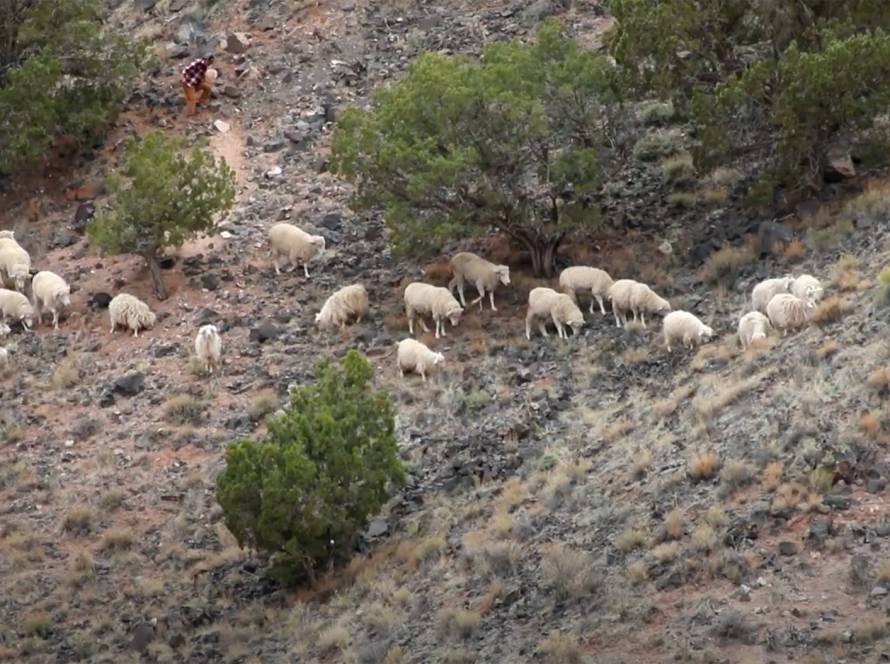For centuries, intertribal exchange and trading routes have played a vital role in the cultural and economic landscape of Native American communities. These routes served as critical connections between tribes, fostering relationships and exchanging goods and ideas across vast distances.
From the expansive trade networks of the Southwest to the canoe routes of the Great Lakes region, intertribal exchange and trading routes have helped to shape Native American history and culture, while also promoting the sustainability and well-being of indigenous communities.
The importance of trading routes
Native American communities have a rich history of intertribal exchange and trade, with traditional routes connecting tribes across vast regions. One notable example is the network of trade routes known as the “Old Spanish Trail,” which spanned from Santa Fe, New Mexico to Los Angeles, California, and facilitated the exchange of goods between Spanish colonizers, Native American tribes, and Mexican settlers. Another well-known trade route is the “Wampum Trail,” which was used by tribes in the Northeast to trade goods such as wampum beads, furs, and fish.
Today, intertribal exchange and trade continue to play an important role in supporting the health and well-being of Native American communities. Many tribes have established modern-day trading posts and markets, which provide a platform for the exchange of traditional goods and crafts, as well as contemporary products and services. With the launch of our newest platform, INCA Exchange, small-scale producers can now participate in a local, secure food market that deepens social connections and shared resources between participating tribes, communities and organizations.
These trade routes played a critical role in connecting Native American communities and fostering relationships between tribes. They allowed for the exchange of goods, ideas, and cultural traditions, promoting a sense of shared identity and interconnectedness among indigenous peoples. Moreover, trade networks helped to support the economic and social well-being of Native communities, providing a means of livelihood and facilitating the exchange of knowledge and resources.
INCA Exchange: a virtual trading route app
INCA Exchange is a virtual trading hub and exchange market that empowers indigenous producers to share their unique products with the world. This app provides a new way for small-scale producers to connect with customers and other producers, creating a space for the exchange of traditional knowledge and practices, as well as contemporary ideas and resources. Through this platform, we aim to support the economic sustainability of Native communities while celebrating their rich cultural heritage.
In addition, intertribal exchange and trade provide opportunities for indigenous communities to connect with one another, building relationships and fostering a sense of unity and solidarity. Through these exchanges, tribes can share knowledge and resources, and work together to address common challenges and issues facing Native American communities.
In closing
In conclusion, intertribal exchange and trading routes have a rich history in Native American culture, connecting tribes and fostering relationships across vast regions. Today, modern-day intertribal exchange, including INCA Exchange, continues to support the health and well-being of Native communities, providing economic opportunities, cultural spaces, and opportunities for community building and collaboration.


